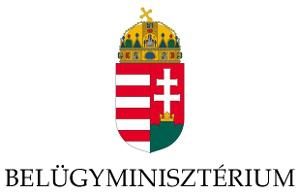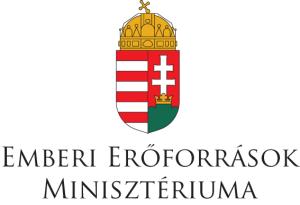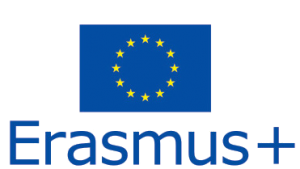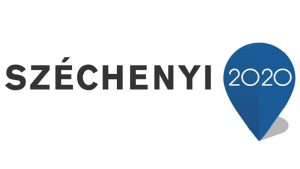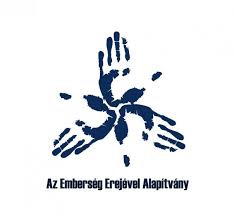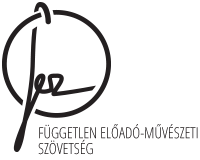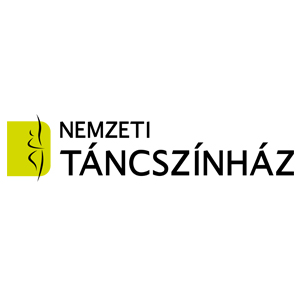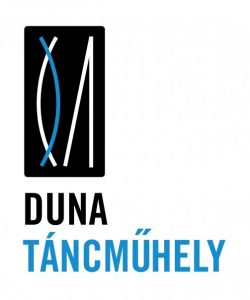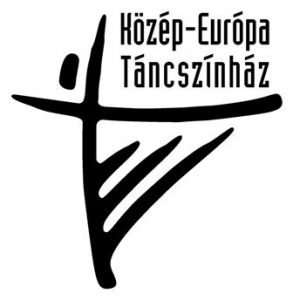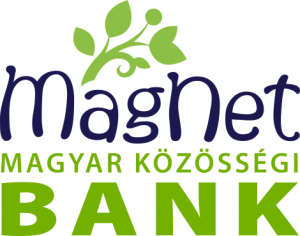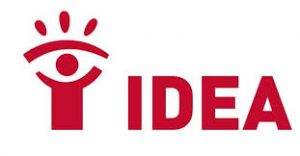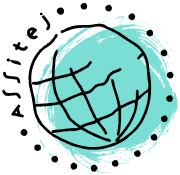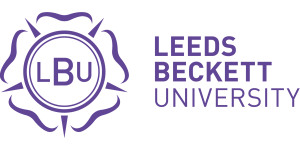Keynote speech of
Jan Truszczyński, Director-General for Education and Culture, European Commission
DICE conference, European Parliament, Brussels
25th October 2010
Ladies and Gentlemen, I would like to share a few thoughts with you at this conference. It is mostly about this DICE project, and how we look at it when we put it against the background of the policies in general, on education and culture in the EU of 27.
As I was looking at this project, especially the products that were made in the context of the project, I kept saying to myself, well, for once good value for money. We invested money under the Comenius programme, funding this DICE project to a considerable extent in a good way. In a good way the two years of research on theatre in education seem to be bringing interesting and good results. Of course, it is an obvious thing to say that educational theatre offers young people valuable learning opportunity. We instinctively all know about that. We also know instinctively even that participation in arts in general can lead to higher levels of achievement in education and therefore it should be part of overall learning experience inside the school, outside the school. Every time you have our ministers of culture looking at this issue, everybody will readily agree that, yes, this is so, and that’s why it deserves further and more support.
Actually, when you look at it closely, what will you see is that this kind of issue has only friends in the European Union, and if you look back at the European Parliament’s and Council’s joint Recommendation of 2006 on the framework of key competences for life-long learning, you will see that it is not just knowledge, skills and attitudes are the three key elements that they identified, but they agreed on eight of them as transversal competences good for everyone, and identified cultural expression and awareness as one of eight key issues.
It is clear, of course, increasingly that both in the workplace today in the companies there is more and more need for, and more reliance on artists, on creative professionals to promote creativity and innovation among all employees. It is clear also that in the public sector too it is increasingly important to have creative and innovative people who can help steer reform and who, above all, can help design the reform where needed. And that brings us to the view that in order to have such people, we need to motivate them and help them already in school. It is there that the first steps in developing creativity have to be made.
The research, when I looked at it, seems to show quite clearly the positive influence of theatre on learning. It seems to demonstrate and actually to confirm that all the young people who participated in educational theatre and drama activities are more likely to feel creative, and are better at problem solving, they seem to be more innovative, they seem to be more entrepreneurial, in fact, when I look at the list of the things that young people who have benefited from those drama activities seem to do better than before, I was so impressed that I said to myself – it cannot be really true, it cannot be that one field of activity can generate so many positive outputs all at once.
And yet, what one reads is promising and is impressive. It’s, by the way, not the only kind of work done in this field. Member states, and I think that many of those present here today will know about it, have been studying ways to develop more synergy between education and culture, especially through the vehicle of arts education. This work has been a subject of much interest in the context of what we call European Agenda of Culture. The first three years of the implementation of that Agenda under the support work plan for culture, agreed by our member states are coming to a closing now at the end of this year, and we will have the next stage, where I feel, I know even, these issues will continue to deserve all the attention they merit.
Member states in their conclusions and recommendations stress the importance of introducing transdisciplinarity in school curricula through project-based teaching. This means mainstreaming culture and the arts in all teaching. It is believed, so member states say, that this helps to create a richer learning environment for pupils in schools and other educational settings. And partnerships between schools and cultural institutions are important to facilitate the dialogue between arts education and all the other subjects taught. But teachers also need training in this type of approach, as do artists working with children in schools and outside the schools.
Along with this recommendation on this so-called transdisciplinarity our member states underline the importance of teaching young people about heritage as a way to build bridges between cultures and to foster contacts between people and they also underline the importance of promoting media literacy and use of new technologies.
Ladies and Gentlemen, it is one thing to introduce art and culture in the curriculum of our schools, but it is equally, if not more, important how this will be done, how this is already being done, in some of our member states. The exposure, we feel in the commission, needs to be frequent, sustainable, and of high quality. The development of creativity which fosters an innovative spirit is ongoing and needs to be part of the educational process at all levels. And that means that we also need to take into account the role that non-formal and informal education play. Of course, the foundation of it all remains the formal education. But it alone is not enough, is not sufficient. We all know we are learning constantly in our daily lives, at work, in leisure activities, in cultural activities, in social activities, and more often than not, the competences and skills gained in this way are not recognised, are not validated, and do not enjoy the place they should in the market place in the relationships between employees and employers.
Next year, we in the Commission, in the education part of our activities in Education and Culture DG, will propose a recommendation to member states on the promotion and validation of non-formal and informal learning. I have no time to go deeper into that subject right now, but I see this as promising and necessary, above all necessary line of our activity allowing such recognition and validation not only in our national systems, but also, above all, in a cross-border way on the single market of the European Union.
If we are to convince others of the benefits of artistic and cultural education at the formal level and also at the informal level, we need solid arguments. It’s of course, very good to look at brochures or movies showing young people engaged in artistic activities, it’s always pleasant, but this is not sufficient when you start a discussion on how and where to put your limited resources. And that’s why, persuasive arguments, showing how and why arts bring about positive changes are necessary. I particularly like the fact that the project you have been doing for the last two years, has given us tangible elements to work with.
The linkages, the relationship between drama, education and the knowledge and skills as outputs are demonstrated here, including in a quantified way. And this quantification of the work done under the project is of particular interest and importance; I do not need to say that. It is of course impossible to offer mathematical evidence about the role and influence of cultural activities in the work on competencies and skills, that will then easily translate into budgets for the successor Culture programme in the European Union. We must not be as simplistic as that. It is impossible. But, I have to say that, every instance, where we are actually able to demonstrate in a clear and convincing way that there is a cause and effect relationship between inputs in education and outputs in education is a strong argument in favour of doing more and doing it better, and for all that you need resources at the national level above all, but you also may need the resources to support national level activities through complementary and supportive European action.
So, I can assure you that, as far as the DG Education and Culture is concerned, in our design of successor programmes in the fields of education and culture, we will be using elements such as the outputs of the DICE project. Independent of the intrinsic value of the project, and the interest that educational systems in our member states should have in pursuing it, and building on the achievements of the project, we see a clear interest of it and a benefit of it in our work aiming at securing a proper place for education and for culture in the next multiannual programming of EU policies, in the next multiannual budgetary framework for the period after 2013.
So, thank you very much for that, it is not often that we can see such a productive and good set of results of a project that we helped to bring about through the community funding. So, thank you very much and good luck for the continuation.

